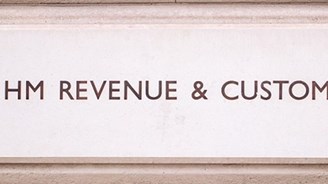‘Oh to be under 40 - in April 2017’ (with apologies to Robert Browning)

Perhaps the most significant announcement in the Budget was the news of the Lifetime ISA. Other topics hit the headlines as well but the Lifetime ISA has a chance of changing pension saving. A few commentators are suggesting that many taxpayers in their 20s and 30s will ditch saving into a pension scheme and will view the Lifetime ISA as the better way to save for their retirement.
For a basic rate taxpayer, the Lifetime ISA will give a government top up of 25% and the ability to accumulate savings income tax free - just like a pension.
In addition, there is the ability to eventually withdraw all the funds tax free rather than 25% of a pension fund. You will however have to wait until you are 60 rather than 57 (minimum pension access age is set to rise from 55 to 57 by April 2028). Three years is not so much longer to wait. Alternatively, you can access the ISA earlier for the purchase of a first home. You can also access earlier for any other reason but this comes at the price of losing the government top up and the accrued income associated with it.
There is still a lot to be said for pension contributions if you are a higher rate taxpayer. The government top up for a 40% taxpayer is effectively 67% ie £6,000 of pension contribution after full tax relief provides investments of £10,000.
For the basic rate taxpayer, the biggest constraint in the Lifetime ISA will be an annual investment limit of £4,000. Many taxpayers who can afford to save more than this may well go for a strategy of utilising their Lifetime ISA allowance first and then saving into a pension. Also a couple whose aim is to buy a house together can each utilize a Lifetime ISA to accumulate funds for the prospective purchase.
Many in the pension industry think the Lifetime ISA is a bad idea. 'Well, they would wouldn't they' may be the reaction to this news. Some have raised the prospect of widespread opt outs of younger employees from employer auto enrolment schemes. Which, of course, would be a bad idea for many as they will lose the employer funded contributions. Other commentators suggest that employers would however be receptive to the idea of making equivalent contributions into an employee's Lifetime ISA. We'll have to see what the precise rules will be for entitlement to the 25% top up before we decide if that is 'tax' efficient.
Interesting times ahead. It's a pity I'm 63 and not 33.



